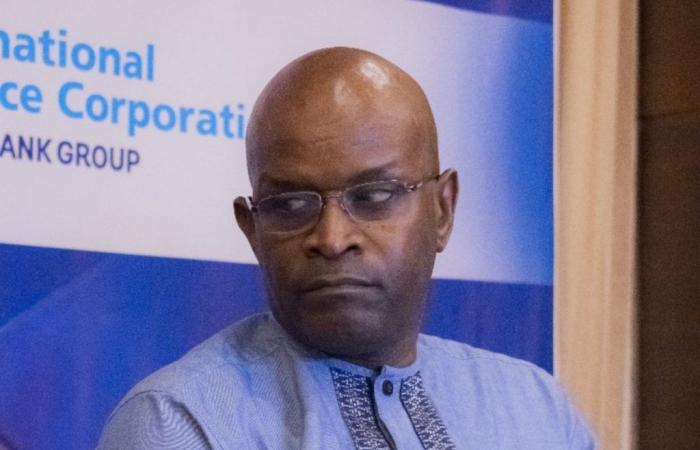While in Bamako for the signing of two agreements, Aliou Maiga, Director of the IFC Financial Institutions Group for Africa, agreed to give us a few precious minutes.
What motivated IFC to partner with SAMA Money and Prevalya in particular, and how do these collaborations align with IFC’s overall strategy for financial inclusion in Africa?
Good Morning : The IFC is a private sector entity, organized around three main sectors: infrastructure, agribusiness and financial institutions. The contract we have just signed with Prevalya is fully in line with the objective of increasing financial inclusion. For Sama Money, it is only about financial inclusion, while for Prevalya, it is about both financial and social inclusion through social coverage. Their social coverage model is currently limited, so finding a solution to cover the informal sector is a valuable innovation. Sama Money is also a technological leader, close to local realities. They understand the needs of Malians and the government, and their model goes beyond simple transfer and payment.
What are the main challenges that IFC faces in promoting access to finance for SMEs in Africa, and how are you overcoming these challenges through collaborations like those with SAMA Money and Prevalya?
The main challenges in Africa are often found in weak economic capital and a lack of financial education. The level of business formalization is also very low compared to other regions. We at the IFC are trying to find solutions to include both the formal sector, which represents between 5 and 10%, and the informal sector. Finance is not limited to credits and deposits, it is first and foremost a means of payment. If we can dematerialize payments, allow everyone to carry out transactions via their phone, this is already a form of financial inclusion. Little by little, people included in the payment system can access credits. We therefore offer a full range of services, from financing to capacity building, to support the economy. As a group of financial institutions, our goal is to include as many people as possible in the economy, whether through fintech or the banking sector.
What role does IFC envision for emerging fintech companies in the future transformation of Africa’s financial services sector, and how does this fit into your broader mission to drive innovation and financial inclusion ?
Inclusion, traditionally, was done through banks and microfinance institutions. But these institutions are limited in their ability to reach a broad audience, due to their agency- and employee-based model. The emergence of fintech has completely transformed the financial sector. The IFC invests heavily in fintechs, from the smallest to the largest, that facilitate payments. We support the entire fintech ecosystem to continue improving financial inclusion.






